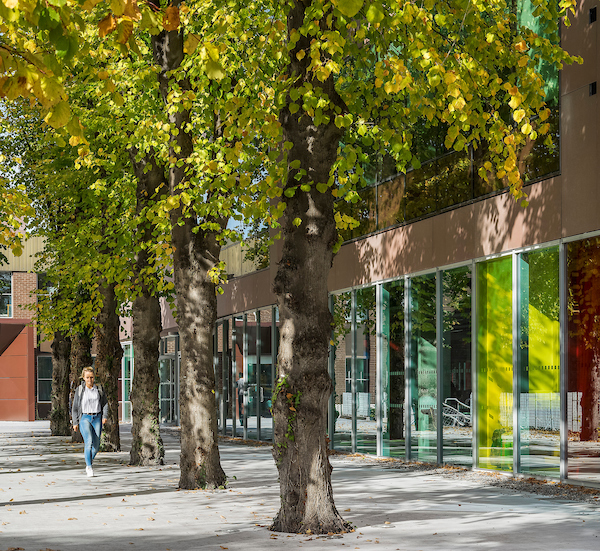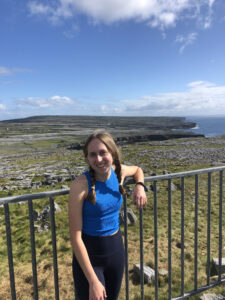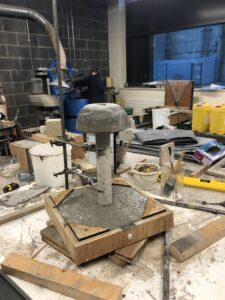What Dublin Taught me about Studying Abroad as an Engineering Major


When I started thinking about studying abroad, I didn’t have much hope that I would be able to make it work out with my class schedule. My university has strict requirements for classes I need to take each semester as a civil engineering major, and I was the only one from my year in my major planning to do a semester abroad. However, after extensive research into programs that would work for me, I chose to spend this fall at University College Dublin in Ireland with IFSA, and I’m so glad I did! I’m sharing my experience for any other students who might be in a similar position.
Planning Ahead: My biggest piece of advice for a STEM major or anyone unsure how to fit study abroad into their schedule is to start planning for it your freshman year. Starting my freshman year at the height of COVID, with many classes online and so much uncertainty about the future, it didn’t occur to me to begin planning that early. However, doing so would’ve helped me to more effectively choose classes to take before my abroad semester. Although I found a program where I can take several of my degree requirements and graduate on time, I will be taking heavier course loads for the next few semesters to make up for some classes I missed while abroad, which I could’ve avoided if I’d known about my program from the beginning. Mapping out a “four-year plan” of classes you need to take each semester of college is one helpful tool to figure out where to fit in studying abroad.

Preparing for Academic Culture Shock: One of the biggest “culture shocks” that I faced was the academic differences in my engineering classes in Ireland. At my home school, we typically have weekly problem-set assignments and multiple exams throughout the semester to help us understand the material, with final exams worth around 30% of our grade. However, many of my classes at UCD had no homework at all, and the majority had a final that was worth between 50-100% of my grade. Preparing for these was much more self-guided, with the expectation that students figure out how to study on their own. Although this took some adjusting to, I was able to develop a study system that worked for me. During orientation, our program coordinator told us to “study like we’re still in the US”, meaning take time to review over material or do example problems each week as we would at home, even if we had nothing assigned. I found this strategy very helpful. I also learned that skipping lectures was much more normalized by the student body at UCD than what I was used to at home; however, making a habit out of attending my classes in person definitely helped me to get a better understanding of the material and ensure I did not fall behind.

Venturing Outside of Typical Classes: Back at my home school, the majority of classes I take are for my major, without much room for liberal arts classes. However, I decided to take a philosophy and an archaeology class while at UCD. The archaeology class was designed specifically for study abroad students, and took us on field trips to different archaeological sites including castles and monasteries near Dublin, which helped me gain a larger appreciation for the breadth of history and culture of the city. I also found a class at UCD that satisfied a degree requirement at my home university, but wasn’t a class that they offered, called Construction Materials. We had a group project where we built a concrete fountain, which gave me great practical experience I wouldn’t otherwise get and helped me get to know my Irish classmates better. I would highly recommend seeking out classes different from what’s offered at your home school.
Women in STEM: I had a great experience being a woman in STEM at UCD. While I can’t speak to statistics in any of the programs except for the civil engineering department, I felt very included by students and professors alike, and my classes had a ratio of around 30-40% girls. While only about 16% of working engineers in the US and 12% in Ireland are women, it was clear that Universities here are working to change that and increase diversity in the industry for future generations.
Overall, studying abroad was an amazing experience, and I’m grateful that IFSA offers opportunities for STEM students to go abroad and stay on track for graduation.
Megan H. | Civil Engineering major | Vanderbilt University | University College Dublin Partnership | Fall 2019 | IFSA International Correspondent